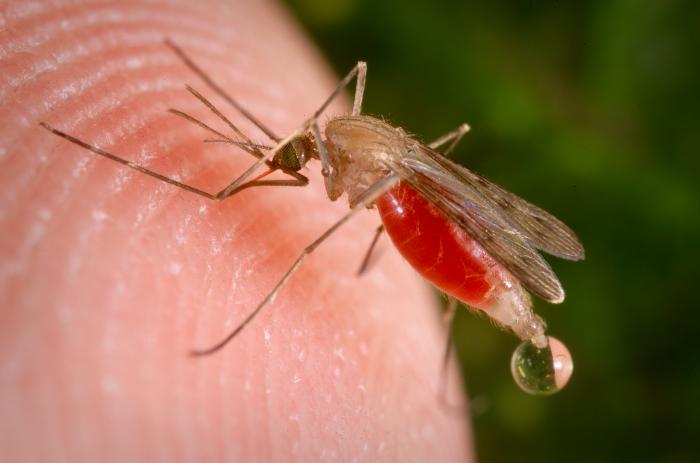By NewsDesk @infectiousdiseasenews
Controlling deadly malaria without chemicals

Scientists have finally found malaria’s Achilles’ heel, a neurotoxin that isn’t harmful to any living thing except Anopheles mosquitoes that spread malaria.
Nearly half the world’s population lives in areas vulnerable to malaria which kills roughly 450,000 people per year, most of them children and pregnant women. Progress fighting the disease is threatened as Anopheles develop resistance to chemical insecticides used to control them. There is also great concern about toxic side effects of the chemicals.
About 30 years ago, scientists identified a strain of bacteria that kills Anopheles. Since the bacteria’s method of attack was not understood, it couldn’t be replicated or used as an alternative to chemical insecticides — until now.
Read more at UC Riverside
An improved vaccine for bacterial meningitis and bloodstream infections
Researchers have now developed a new vaccine, a native outer membrane vesicle (NOMV) vaccine, for meningitis and bloodstream infections caused by “meningococcal group B” bacteria. This will allow younger people to be vaccinated and will address several limitations of the current vaccinations. The research is published this week in mBio, a journal of the American Society for Microbiology.
“We developed the improved version of the vaccine by making several genetic changes to the strain of bacteria used to produce the vaccine, resulting in a broadly protective vaccine rather than a strain-specific vaccine,” said Peter Beernink, Ph.D., Scientist at the Center for Immunobiology and Vaccine Development, Benioff Children’s Hospital Oakland.
There are currently only two licensed vaccines for prevention of meningitis and bloodstream infections caused by “meningococcal group B” bacteria, which are only licensed for use in people age 10 years and older. Both vaccines contain a bacterial protein known as Factor H binding protein (FHbp), which can bind to a host protein known as Factor H (FH). The licensed vaccines have several limitations, which include lack of effectiveness against some bacterial strains and low immune responses of infant humans.
Read more at ASM
- Vietnam dengue cases up 3-times this year
- Brazil: Nearly 600K dengue cases through early June, Chikungunya update
- Salmonella outbreak linked in papayas
- Two animal anthrax deaths prompts warning from Texas health officials
- Polio: 5 WPV1 cases reported in past week, global total exceeds 2018
- Canada: Quebec reports a record high 200 West Nile virus cases in 2018
- Strongyloides stercoralis: 30 percent of Cambodians tested positive in study
- Hong Kong investigates additional human infection of rat Hepatitis E virus



One thought on “Infectious disease research: Malaria control, meningitis vaccines”